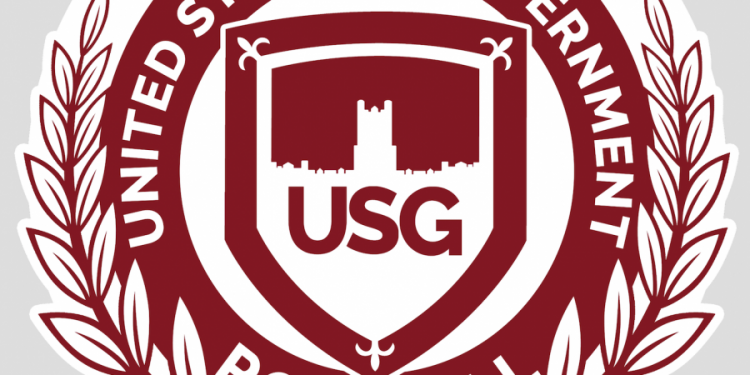The virtual United Student Government (USG) meeting on April 3 continued discussions about a COVID-19 concern form which has been shared on social media and sent out to the student body in an email blast. The Senate read many of the concerns students brought up through the form and discussed many of their own concerns in response to the university closing its doors for the semester.
The university notified students they would be returned half of their housing payments for the semester, but Senator Domenic Setaro, FCRH ’20, brought up the issue of a tuition refund. Setaro stressed the weakened quality of education that students are now receiving virtually.
“We’re getting less for paying the same,” he said. He emphasized that even if success is unlikely, USG should still support a tuition refund.
Other members of the Senate responded with practical opposition points, including Senator Liam Leahy, FCRH ’22, who suggested the low endowment of the university would likely result in their inability to refund students anymore that they have already promised to do.
Senator Maggie Tattersfield, FCRH ’20, said a tuition refund did not seem like something the administration was taking into consideration.
Vice President of Student Life Kevin McSorley, GSB ’20, took into account the fact that professors are still being paid the same in light of drastic changes and recognized that they have experienced personal difficulties as well.
“I don’t want to create a double standard,” McSorely said about a situation in which students are paying less for the same amount of work put in by professors, if not more.
Executive Vice President Ashley Qamar, GSB ’20, said she would like to see professors loosen up on attendance policy, given the unique circumstances of virtual learning during a stressful time. She also presented the idea of professors releasing preliminary grades before the deadline to designate a class as pass/fail on April 24.
As many students attempted to register for fall classes, USG discussed how some said they ran into more problems than usual. Vice President of Finance and Budgets Elizabeth Bjorklund, FCRH ’21, said this semester’s registration was the worst she’s had during her time at Fordham.
Senator David D’Onofrio, FCRH ’22, said he believed the website took a while to load because of high traffic, possibly due to students who had planned on studying abroad in the fall registering through Fordham as a backup option. He also said the delay could be attributed to timing issues and noted a problem in which students were not properly advised about prerequisite courses.
In terms of broader academic concerns, Senator Mary Katherine Smith, FCRH ’23, proposed sending out an email to both students and faculty encouraging them to come forward with their concerns to the administration. She said administrators might be more receptive if there were larger numbers of people coming forward with specific issues.
Housing concerns were also a topic of discourse, both recorded by the form and expressed through word of mouth. Qamar said the Office of Residential Life has been largely unresponsive to emails. Leahy said those from the office have been repeatedly saying they do not have much information at the present time.
Senator Emily Silfies, FCRH ’20, said a friend did not have housing after she was forced to move off-campus and had lost an internship as a source of income that may have been able to help her find a place to stay.
The Senate saw significant financial concerns, many of which have had to do with housing. Executive President Kaylee Wong, GSB ’20, reiterated the existence of an emergency fund set up by the Alumni Association. She said students can reach out to their class deans or representatives from the Gabelli School of Business to find out where the money is being allocated.
Since the Senate last met, election results for the 2020-2021 school year were announced.





